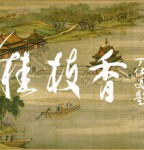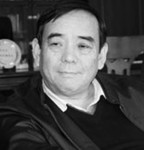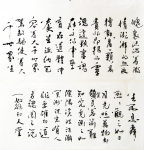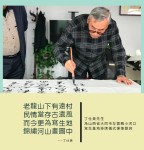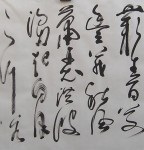"Huang shows a mastery of the intricate details of the ritualistic and practical sides of Ming court politics, and an ability to make them comprehensible. His story is cleverly constructed and deliberately paradoxical. If 1587 is, in the long run, a ‘year of no significance,’ it is nevertheless full of incident, and each incident carries promise of future drama."—Jonathan Spence, New York Review of Books
"A distinguished scholar has written a remarkable description of political style in the final decades of the Ming dynasty and placed in perspective the mixed motives of its major characters…. No other book presents as vividly the atmosphere of traditional Chinese government."—John Meskill, Asia
"Unusual and thoughtful. . . . Takes the poet’s or the novelist’s joy in turning a commonplace detail to the angle at which it reveals its glint of meaning."—David Lattimore, New York Times Book Review
"This is a superb book, one that answers many questions about the Chinese, past and present."—Srully Blotnick, Forbes Magazine
"1587, A Year of No Significance, for all its scholarship, has the surreal visionary quality of Kafka’s beautiful and frustrating story ‘The Great Wall of China’."—John Updike, The New Yorker
"Huang uses 1587 as a convenient focus for his study of late Ming developments through the lives of the Wan-li emperor, two of his grand secretaries, a famous official, a leading general, and one of the dynasty's most celebrated iconoclasts. Not all specialists may agree with Huang's conclusion that by 1587 the limit for the Ming dynasty had already been reached and the year stands as a 'chronicle of failure,' but there will be widespread agreement on the book's impressive achievement in providing vivid biographical and institutional detail within a highly readable text."—Library Journal
"No book of this kind in any language exists for the entire Chinese history field. Its most remarkable quality is the skill with which is conveys the texture of life, imparting to the reader a sense of having been inside the environment of Chinese politics and of seeing the complexities of another world as immediate and intelligible matters."—Frederick W. Mote, Princeton University
"It is top-hole, full of information, and a first-rate argumentation as to how China got the way it did. I know of none better."—L. Carrington Goodrich, Columbia University
"Excellent both as history and as a piece of literature."—Lien-sheng Yang, Harvard University
"A profoundly helpful book in our understanding of the Chinese tradition."—Eric Widmer, Brown University,The History Book Club Review
"Imaginative and resourceful. . . . Informed both by humanistic concern and a broad knowledge of technology and economics."—Edward L. Farmer, University of Minnesota
"Analytical and innovative. . . . It will galvanize our thinking for many years to come."—Hoklam Cham, University of Washington
"[An] impressive achievement in providing vivid biographical and institutional detail within a highly readable text."—Focus on Asian Studies
"Huang succeeds admirably for the general reader in evoking the atmosphere of 16th-Century China and the colour and tension of court life."—Elizabeth R. Hayford, Asia Week
| < Prev | Next > |
|---|
- 2010-02-14 - 老不糊涂:羽扇纶巾叶剑英不乱情场定乾坤
- 2009-12-12 - 成功靠天靠地靠自己(俞敏洪)
- 2009-06-25 - 绿坝系统提醒你,以下内容包含不良信息(韩寒)
- 2009-06-24 - 廖氏愤青教材(转载)
- 2009-04-08 - 天使乎,白狼乎?
- 2009-01-07 - 丁仕美的君子风 - 转载
- 2008-12-19 - 从历史看儒家文明的生命力
- 2008-12-04 - 司徒雷登:别了六十年还要回来
- 2008-11-28 - 1587, a Year of No Significance-One of the GREAT books in the China literature
- 2008-11-23 - 晋豫之行日记(2)- 萧功秦








